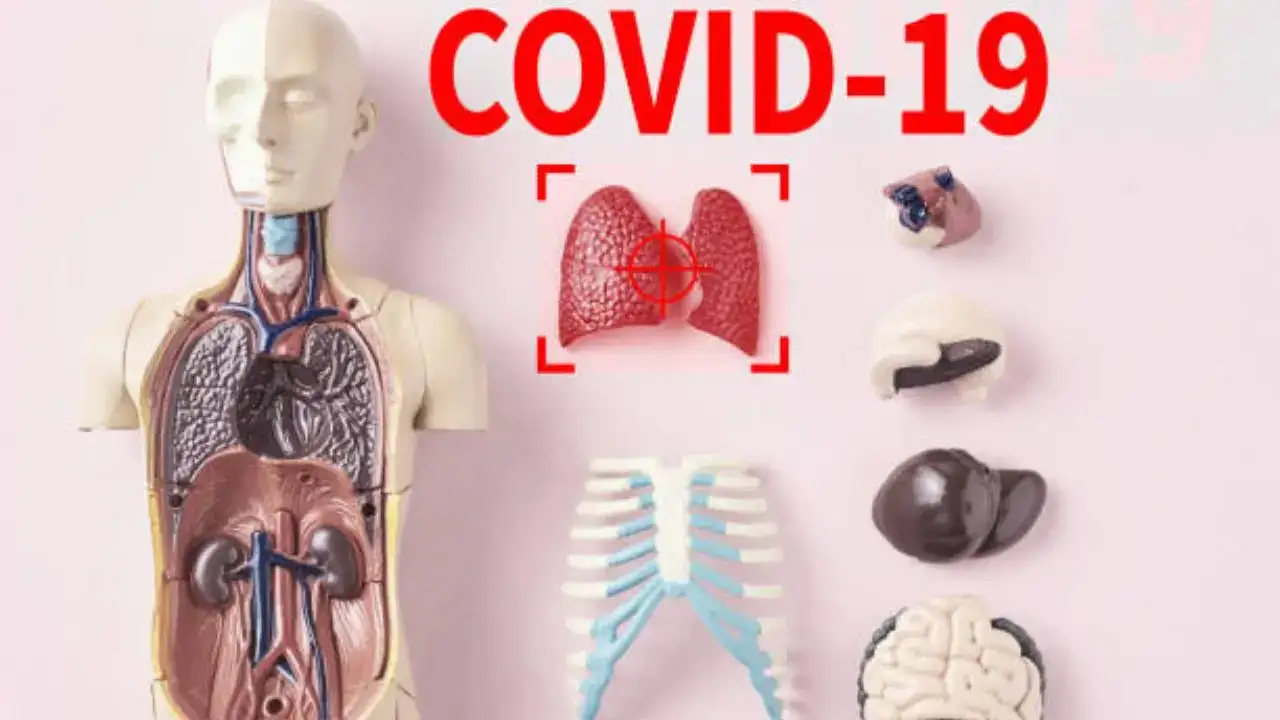
Comorbidities make COVID-19 dangerous because they often weaken the immune system or make it more difficult for the body to fight off infections
A 59-year-old woman with cancer and a 14-year-old girl with end-stage kidney disease died at a state-run hospital in Mumbai, according to doctors. Authorities informed them that both tested positive for COVID-19 posthumously; however, their deaths were not caused by coronavirus.
The deaths came amid reports of a surge in cases of COVID-19 across Singapore, Hong Kong, Thailand, and China, even as health authorities in India said the current situation is completely under control.
How did the two die?
According to officials at the KEM Hospital, where the two patients were undergoing treatment, the teenager was battling nephrotic syndrome and died due to kidney failure. On the other hand, the cancer patient passed away due to sepsis.
While doctors have said there is no need to panic, as viruses, over time, become endemic and lose their severity. However, those with comorbidities need to be extra careful, as their condition can become serious with prevailing issues.
How do comorbidities make COVID-19 dangerous?
Comorbidities, or pre-existing medical conditions, make COVID-19 more dangerous because they often weaken the immune system or make it more difficult for the body to fight off infections. Experts say those with comorbidities—the simultaneous presence of two or more diseases or medical conditions in one person - are more likely to experience severe complications, including hospitalisation, and may have a higher risk of death.
According to experts, severe COVID-19 disease is more likely for those who have other health issues. A few common diseases that can be dangerous with coronavirus infection include:
Heart disease
Heart failure or coronary artery disease can be dangerous for you
Diabetes mellitus
The risk is higher for both type 1 and type 2 diabetes
Chronic lung diseases
This includes airway disease and conditions that damage lung tissue
Obesity
The risk of obesity increases as your body mass index, or BMI, increases, with the highest risk for a BMI of 40 or greater.
Chronic kidney disease
Especially if you are on dialysis. These diseases become more common as people age. But they can affect people of any age. The risk of serious COVID-19 illness is linked to having one or more underlying medical conditions.
COPD
Doctors say your risk of having a more severe COVID-19 illness becomes higher if you have lung disease. Having moderate to severe asthma raises some risks of serious COVID-19 illness. It raises the risk of needing care in the hospital, including intensive care, and needing mechanical help breathing.
Cancer
Cancer is a deadly disease, and if you have COVID-19 along with it, the situation can become even fatal. Doctors say having cancer raises the risk of needing care in the hospital, intensive care, and the use of breathing support.
Treatment for blood cancer can also increase the risk of severe COVID-19, along with affecting your vaccine response. It is always important to talk to your doctor about additional shots and getting vaccinated after treatments that affect some immune cells.
How can you lower the risk of COVID-19?
If you have comorbidities, you can lower the risk of serious COVID-19 illness by working to prevent infection with the virus that causes COVID-19.
- Avoid close contact with anyone who is sick or has symptoms, if possible.
- Use fans, open windows or doors, and use filters to move the air and keep any germs from lingering.
- Either wash your hands with soap and water for 20 seconds or use an alcohol-based hand sanitizer with at least 60 per cent alcohol.
- Cough or sneeze into a tissue or your elbow, and then wash your hands.
- Clean and disinfect high-touch surfaces
- Spread out in crowded public areas, especially in places with poor airflow.
